10 Things You Should Know About Your Liver
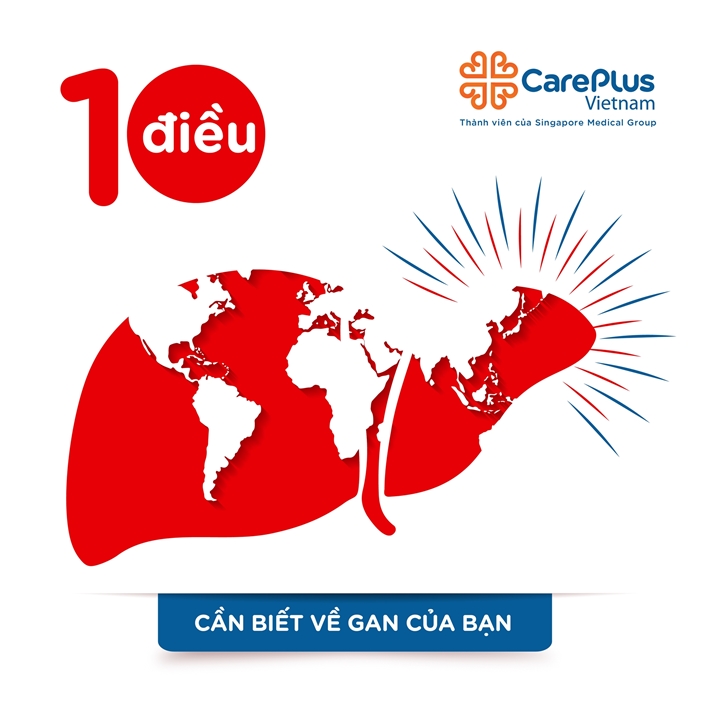
1/17/2018 9:28:29 AM
1. Your liver is about the size of a football–the largest solid organ in the body

Not only is it big, but did you know that your liver performs over 500 functions, 24 hours a day? Keeping your liver strong, and as healthy as possible, is vital to your very well-being, especially for those with hepatitis C.
2. Your liver stores vitamins and minerals
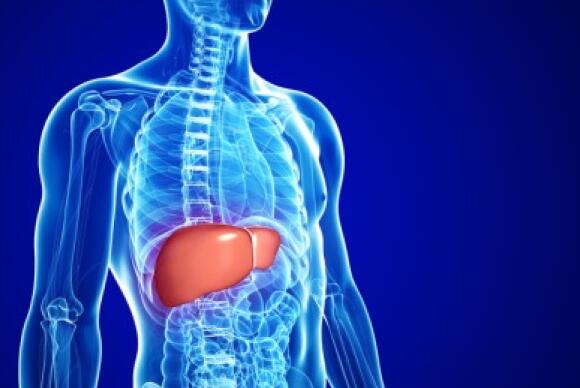
In addition to storing certain vitamins, minerals (including iron) and sugars, your liver regulates fat, and stores and controls the production and excretion of cholesterol. The bile, produced by liver cells, helps you digest your food and absorb important nutrients. It then converts those nutrients into muscles, energy, hormones, and immune factors to protect you from getting sick.
3. Your liver filters out the poison you put in your body

One of your liver’s most important jobs is to rid your body of toxic substances. It refines and detoxifies everything you eat, breathe and absorb through your skin. This helps you resist infection and removes bacteria from the blood stream, helping you stay healthy. It also helps metabolize alcohol in small amounts.
4. Your liver can regenerate
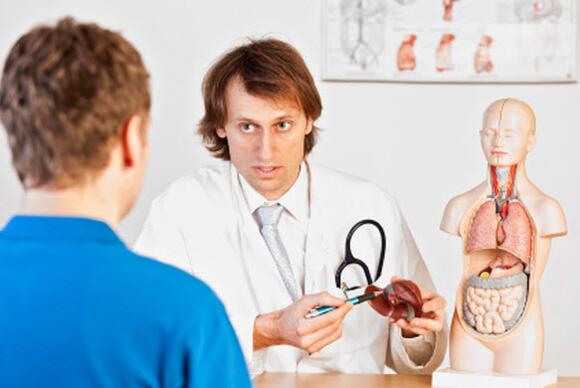
In fact, if you removed three quarters of your liver, it would grow back in the same shape and form within a few weeks. But that doesn’t mean you should ignore your liver or overwork it. The use of alcohol and drugs, environmental pollutants, viruses, and some metabolic disorders can all cause damage to your liver cells.
5. There is no vaccine for Hepatitis C... yet
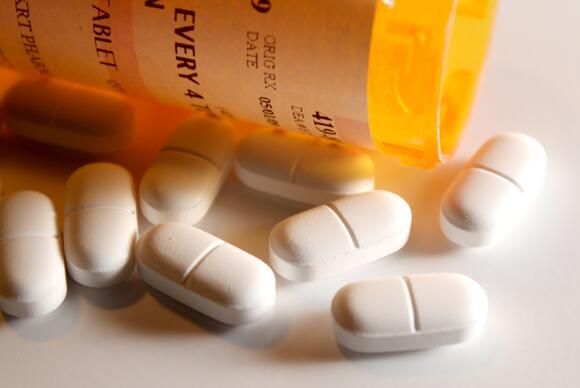
Hepatitis C causes inflammation or swelling of the liver. Sometimes it can get better on its own, but sometimes medicines are needed to stop the inflammation. If you have hepatitis C, it’s even more important that you avoid things that might irritate your liver even more.
6. Without the liver, your blood wouldn’t clot
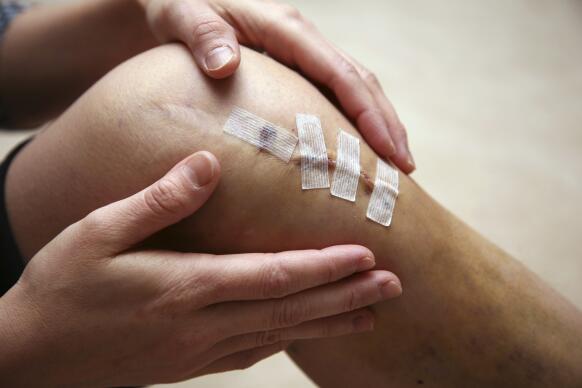
The liver produces proteins, including blood-clotting factors, which help you heal after an injury. People with serious liver disease, such as cirrhosis, are prone to developing blood clots in their portal vein (the large vein that leads to the liver). When the vein is blocked, it can cause a buildup of pressure, or portal hypertension, which may force blood to find an alternate vein. If the vein is too small, it can burst, causing serious internal bleeding.
7. Familiar over-the-counter remedies may harm your liver
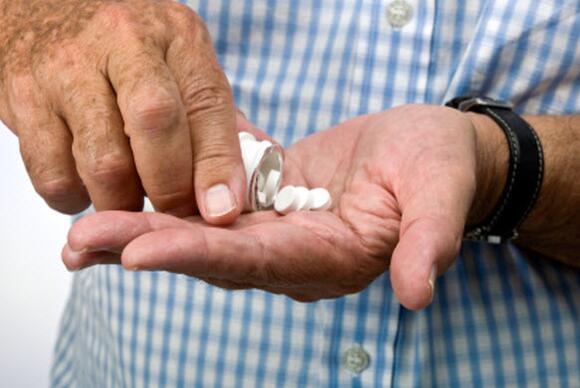
Acetaminophen (found in Tylenol or other cold and headache medicines) may be damaging to your liver, especially if taken while drinking alcohol. Talk to your doctor before taking any medicines, including over-the counter or alternative treatments. All drugs are made up of chemicals and may be hazardous to your liver cells.
8. Certain hazardous chemicals can get to your liver
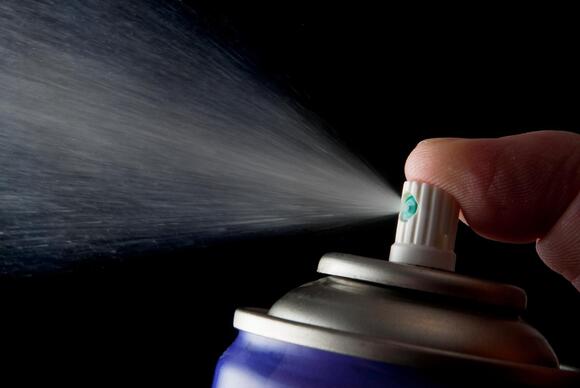
Paint thinners, bug sprays, and other chemicals found in aerosol sprays can also reach your liver through tiny blood vessels in your lungs and cause potential damage. It’s best to avoid these chemicals, but if you do use them, make sure you have good ventilation. Also, wear a mask, cover your skin, and immediately wash off any chemicals that get onto your skin.
9. Your liver won’t tell you it’s hurt, until the damage is already done

That’s why it’s often referred to as your “silent partner.” And why it’s so important to do your part in keeping your liver as healthy as possible. Exercising, eating healthy, getting plenty of fresh air, and avoiding alcohol and drugs are all things you can do to help. And be sure to get regular check-ups with your doctor so he or she can monitor the condition of your liver.
10. Today, young people are at risk of liver damage and liver disease

Children, adolescents and young adults are more overweight and obese than ever before. Unfortunately this means that even young adults can have significant liver disease without knowing it, and parents and young adults need to be aware of lifestyle effects and liver screening.